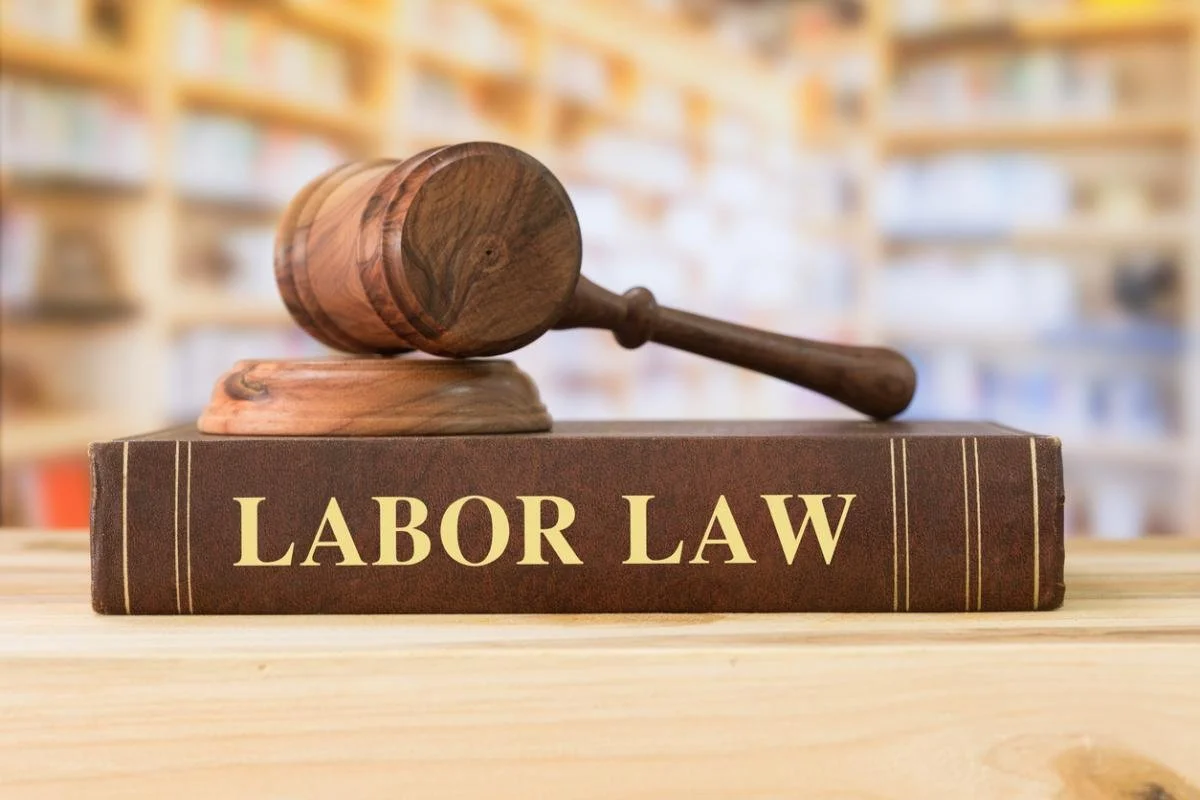California Exxon Subcontractor On-Call Claim Settled for $2.3M
/In recent news, an electrical subcontractor for ExxonMobil Corp. and Freeport McMoRan Oil & Gas agreed to a settlement to resolve employment law violation claims related to on call workers without pay. The $2.3 million settlement will resolve allegations that workers were due back pay after they were on duty at all hours and were not allowed to leave the offshore oil and gas platforms.
102 workers were involved in the claims based on both the Fair Labor Standards Act (FLSA) and California law. The proposed class action lawsuit listed Ardent Companies, Inc. as the Defendant. Allegations were made that the Defendant in the case required their employees to remain on-call at all times: during meal breaks, during rest periods, when they were not scheduled for a shift. The lead plaintiff in the case claimed that while employees were provided meals and lodging as a condition of their employment, the value of those benefits wasn’t included in their “regular rate” of pay when calculating any overtime pay due to workers.
The Defendant, Ardent, argued that the workers were appropriately compensated for their time and that California state wage and hour law requirements were not applicable to the situation because the platforms where the employees fulfilled their job duties were located in federal waters and that employees were able to leave the platform upon request.
The plaintiffs’ case was supported by a pending case scheduled to be heard by the U.S. Supreme Court in April. The 9th U.S. Circuit Court of Appeals reversed the lower court’s dismissal of the case, Newton v. Parker Drilling Mgmt. Servs, Ltd. They held that state minimum wage and overtime law were applicable to the case rather than FLSA in reference to the oil platform workers involved in the case working on the Outer Continental Shelf. A decision on this case is expected in June.
This is good news for California workers as California employment laws tend to offer more protection to employees than their federal counterparts – and on-call work is no exception to this trend. Under FLSA, employees are generally considered on call if they are required to remain on the job site/the employer’s premises. Employees who are to remain on call at home or who are required to leave a message where they can be reached, are not (in most cases) considered on call according to federal law. Exceptions may occur in situations where there are additional constraints on the employee’s freedom.
California state employment law, on the other hand, entitles employees to pay under a wider scope of circumstances. For instance, California state court recently expanded the requirements with the finding that on-call workers may be entitled to pay even when they are not scheduled to work (see Ward v. Tilly’s, Inc., B280 151 (Cal. App. Ct. Feb. 4, 2019)). In the Tilly’s case, workers who were required to call in hours before their shift to verify if they were scheduled or not, were not paid unless they were actually called in to work. The court agreed with the plaintiffs in the case that employees calling in hours before their shift constituted “reporting for work” and as such, they were entitled to pay under state law even though, ultimately, they were not required to work their shift.
If you have questions about California wage and hour law or if you need to discuss wage and hour or overtime requirements, please get in touch with one of the experienced California employment law attorneys at Blumenthal Nordrehaug Bhowmik De Blouw LLP.





